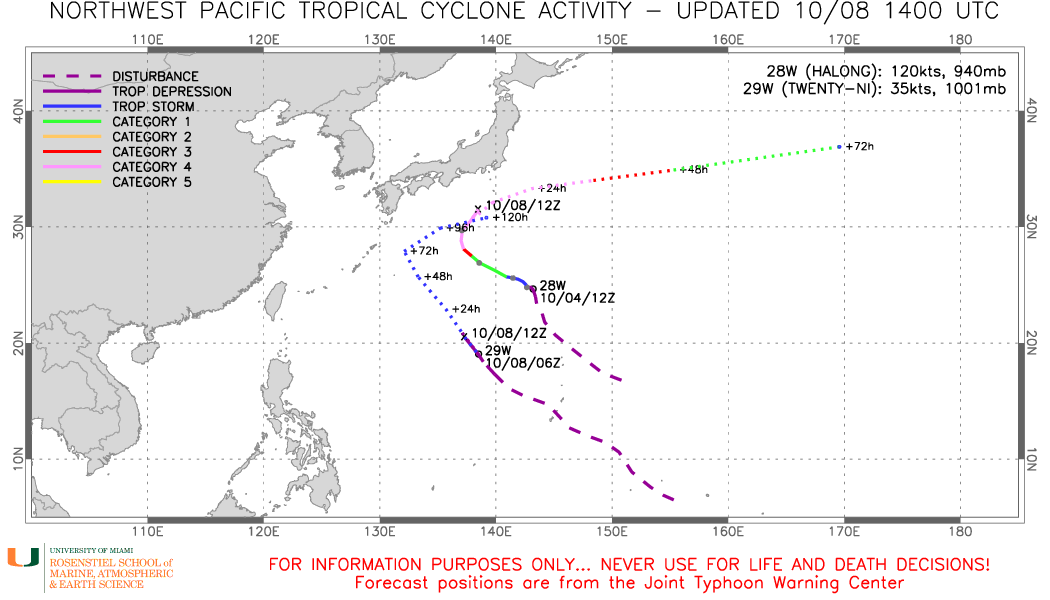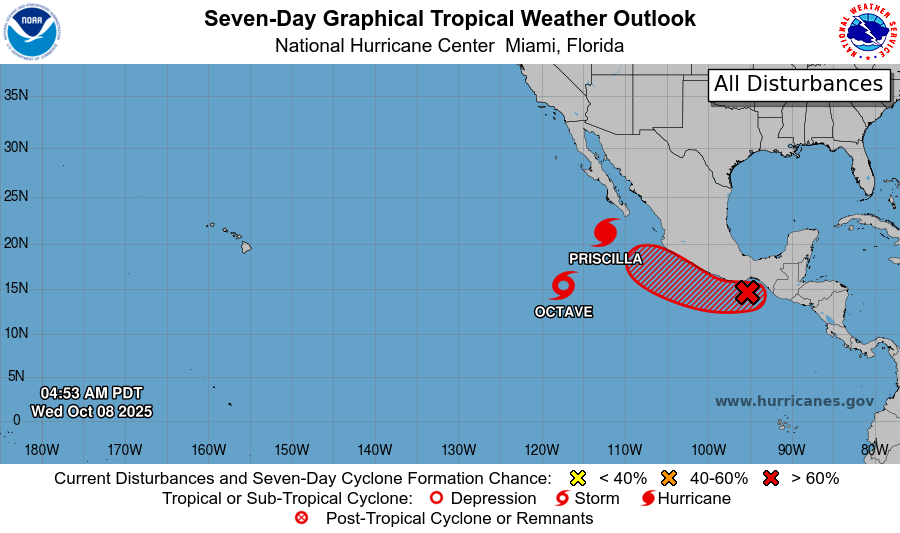Many of the global conflicts I’ve monitored through this newsletter — even those that once showed glimmers of hope — are worsening.
From the rising tension around Taiwan, to the grinding wars of attrition in the Sahel, from the shuddering political collapse in parts of Europe, to the escalating humanitarian disasters across the Middle East — the world feels stretched to its breaking point. Five of the seven continents are now entangled in crises that would have once defined an entire generation.
It’s natural to feel the weight of that. The sense of helplessness you might feel — that doomful, sinking exhaustion that creeps in as the headlines scroll by — isn’t weakness. It’s empathy. It’s the body’s way of acknowledging that what’s happening matters. The heaviness that follows isn’t just yours; it’s shared by millions who still care enough to look, read, and feel.
But here’s the hard truth we must hold alongside the pain: despair helps no one. The antidote isn’t denial — it’s presence. When the world feels unmovable, find what is movable. Limit your exposure to the endless scroll of catastrophe. Breathe. Step outside and notice something alive — a bird, a tree, a neighbor. Call someone you trust and talk about something ordinary. Cook a meal. Move your body. Read something that reminds you the world is still full of tenderness.
Hope isn’t the absence of fear. It’s the decision to keep caring even when you’re afraid.
And we will keep caring — together.
Climate and Weather
The EPA passed a series of policies at the end of last month meant to expand coal development in the United States, rollback regulations, and decrease oversight while expediting environmental permitting.
Next month, world leaders will convene in Brazil for the United Nation’s Climate Change conference (COP30). The United States is not expected to play a major part this year — a departure from its participation under Presidents Biden and Obama.
Hurricane Season 2025
While the Atlantic Ocean basin remains active, we’ve managed to avoid a direct major impact.
Those in the Pacific Ocean Basin are not so lucky. Two cyclones running parallel to each other are approaching the southern coast of Japan — one of which is expected to strengthen into a major hurricane upon its approach.
And in the Eastern Pacific, three systems are approaching Baja California, one right after the other.
Global Conflict
The United Nations published a study showing a staggering 25% global increase in conflict-related sexual violence over the past year, with cases rising sharply in Sudan, Myanmar, Palestine, and Ukraine.
“Sexual violence was perpetrated in detention, including as a form of torture, reportedly in Israel and the State of Palestine, Libya, Myanmar, the Sudan, the Syrian Arab Republic, Ukraine and Yemen,” the report says.
Most of the victims of sexual violence as a form of torture were men.
Congo
Rwandan-backed M23 rebels seized the strategic city of Goma in eastern Congo, reigniting fears of a broader regional war that could engulf much of central Africa. Tens of thousands have fled as violence spreads along the Rwandan border. Analysts warn the crisis echoes the wars of the late 1990s, when the region’s conflicts claimed more than five million lives.
Haiti
In Haiti, armed gangs now dominate nearly all of Port-au-Prince, executing violent attacks, blockading neighborhoods, and forcing massive displacement. The U.N. Security Council recently approved a new 5,550-strong international force with arrest powers, in hopes of regaining control. The scale of the crisis — over 1.3 million displaced, thousands killed, and state authority eroded — suggests a tipping point unless immediate international action accompanies local resilience.
Palestine
Israel intercepted nearly all boats in a Gaza humanitarian aid flotilla last week, detaining more than 450 activists and sparking protests across Europe and the Global South. Reports indicated that the humanitarians on board were beaten and tortured while in detainment, including climate activist Greta Thunberg.
Humanitarian groups warn that the ongoing blockade and repeated aid seizures are pushing Gaza’s already-collapsed infrastructure beyond recovery. World leaders, from France to South Africa, have condemned the operation.
The recent UN report mentioned earlier also included a review of sexual torture used against Palestinian captives being held in Israeli prison. The investigators found that sexual violence is a reoccurring problem within all branches of Israel’s military and prison systems.
The UN attempted to investigate claims of sexual violence by Hamas, but Israel “did not grant access to relevant United Nations bodies to carry out fully fledged and independent investigations.”
The Sahel
The Sahel corridor — particularly Mali, Niger, and Burkina Faso — remains a proving ground for violent extremist groups. Militants linked to al-Qaida and ISIS are expanding their reach into border zones, exploiting fragile states, climate pressures, and porous governance. In Mali, a militant-enforced blockade has triggered acute fuel shortages in the capital, deepening social unrest.
South Sudan
In South Sudan, rival factions loyal to President Kiir and Vice-President Machar have resumed large-scale recruitment drives, violating ceasefire terms and raising fears of renewed civil war. Monitors warn the fragile peace deal is unraveling as arms flow across porous borders from Sudan and Ethiopia. To make matters worse, cases of cholera have greatly exceeded the previous five years.
Taiwan
Tensions over Taiwan remain fraught: China continues to exert military pressure with frequent air and naval maneuvers near the island, while Taiwan deepens ties with the U.S. and regional partners to bolster defense. (Recent reports warn these provocations risk spirals of miscalculation.)
Ukraine-Russia
Russian drones once again breached European airspace this week, prompting NATO to convene emergency defense consultations as tensions along the alliance’s eastern flank intensify. The incursions mark a dangerous escalation of hybrid warfare, blurring the line between provocation and outright attack.
Venezuela
The U.S. military’s attack on a Venezuelan-flagged boat in early September — killing 11 people the US falsely alleged were linked to the gang “Tren de Aragua” — was soundly condemned by Venezuela.
A second attack on Oct. 5 triggered more aggressive responses from multiple Caribbean nations in support of Venezuela.
Caracas has mobilized tens of thousands of troops toward its border with Colombia and pledged to raise a national militia to counter what it portrays as imminent U.S. aggression.
Yemen
Houthis have escalated maritime attacks on shipping routes, including targeting vessels linked to U.S. oil interests, in response to international inaction on the ongoing genocide in Gaza. Meanwhile, the humanitarian crisis deepens — Israeli and US bombings, blockades, and famine make the country one of the world’s worst disaster zones.



